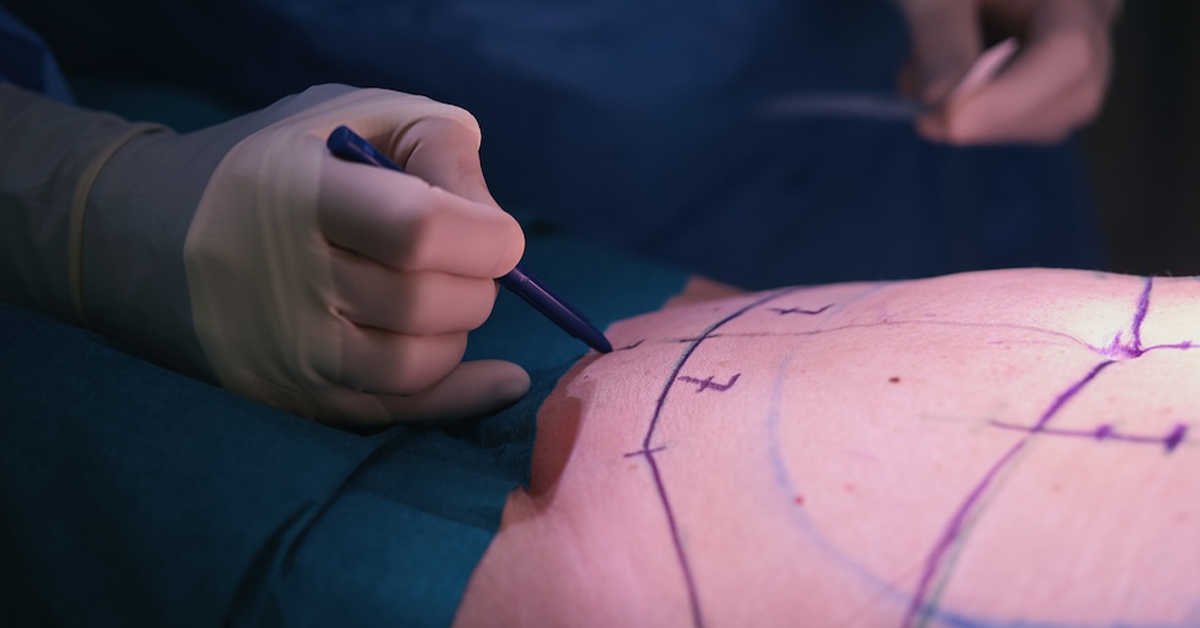Plastic Surgery Checklist: A Comprehensive Guide for a Successful Procedure
Are you considering Plastic surgery? Whether you’re interested in enhancing your appearance or addressing a specific concern, Plastic and aesthetic surgery can be a life-changing experience.
However, it’s crucial to approach this decision with careful consideration and thorough preparation. This article will serve as your Plastic surgery checklist, providing you with essential information, guidelines, and tips to ensure a successful and satisfying outcome.
From selecting the right surgeon to post-operative care, we’ve got you covered. Let’s dive in!
Plastic Surgery Checklist
Essential Plastic Surgery Checklist:
- Research different Plastic surgery options.
- Choose a reputable and experienced plastic surgeon.
- Schedule a consultation to discuss your goals and expectations.
- Understand the risks and benefits associated with your chosen procedure.
- Prepare for the surgery by following the pre-operative guidelines provided by your surgeon.
- Arrange transportation and aftercare for the day of the surgery.
- Make necessary arrangements for time off work and other responsibilities during the recovery period.
- Create a supportive post-operative environment at home, including comfortable clothing, necessary supplies, and assistance with daily activities.
- Follow all post-operative instructions provided by your surgeon, including medication schedules, wound care, and follow-up appointments.
Researching Plastic Surgery Options
Before embarking on your Plastic surgery journey, it’s crucial to conduct thorough research on the different procedures available. Understanding your options will help you make an informed decision and ensure that you choose the procedure that best aligns with your goals and expectations.
Some of the most common procedures available:
- Brazilian Butt Lift
- Mommy Makeover
- Breast Augmentation
- Liposuction
- Tummy Tuck
- Rhinoplasty
- Etc
Choosing the Right Plastic Surgeon
Selecting a skilled and reputable plastic surgeon is paramount to the success of your procedure. Here are some key factors to consider when choosing a plastic surgeon:
- Credentials and Experience: Ensure that the surgeon is board-certified and has extensive experience in performing the specific procedure you’re interested in.
- Patient Reviews and Testimonials: Research the surgeon’s reputation by reading patient reviews and testimonials. This will provide valuable insights into their skills, professionalism, and patient satisfaction rates.
- Before and After Photos: Request to see before and after photos of previous patients who underwent the same procedure. This will give you a visual representation of the surgeon’s work and their ability to achieve desirable results.
- Personal Connection: Schedule a consultation with the surgeon to assess their communication style, attentiveness, and ability to address your concerns. It’s essential to feel comfortable and confident in your chosen surgeon.
Understanding the Risks and Benefits
As with any surgical procedure, Plastic surgery comes with certain risks and benefits. Understanding these beforehand will help you make an informed decision and set realistic expectations. Here are some common risks and benefits associated with Plastic surgery:
Risks:
- Infection and bleeding
- Scarring
- Adverse reactions to anesthesia
- Unsatisfactory results
- Potential need for revision surgery
Benefits:
- Enhanced appearance and self-confidence
- Improved body proportion and symmetry
- Correction of physical abnormalities
- Long-lasting results
Preparing for Your Plastic Surgery Journey
Proper preparation is key to a smooth and successful Plastic surgery experience. Follow this checklist to ensure you’re fully prepared:
1. Quit Smoking: If you’re a smoker, it’s essential to kick the habit at least a few weeks before your scheduled surgery. Smoking can have detrimental effects on the body’s ability to heal properly and can increase the risk of complications during and after surgery.
Nicotine constricts blood vessels, reducing blood flow to the surgical area, which hampers tissue healing. By quitting smoking, you give your body the best chance to recover optimally and minimize the risk of potential complications.
2. Avoid Certain Medications and Supplements: Certain medications and supplements can interfere with the body’s clotting ability, increasing the risk of bleeding during surgery. Your surgeon will provide you with a detailed list of medications and supplements to avoid leading up to your procedure.
Common blood-thinning medications like aspirin and certain herbal supplements like ginkgo biloba and garlic should be stopped to reduce the risk of excessive bleeding during and after surgery. Always follow your surgeon’s instructions regarding medications to ensure a safe surgical experience.
3. Arrange Transportation and Aftercare: As Plastic surgery typically involves anesthesia and surgical procedures, it’s essential to arrange transportation to and from the surgical facility. It’s not safe to drive yourself after undergoing anesthesia, so having a responsible friend or family member available to drive you home is vital.
Additionally, during the initial stages of recovery, you might require assistance with daily activities. Consider having someone available to help you with tasks such as cooking, cleaning, and personal care during the first few days following the surgery.
4. Follow Pre-operative Guidelines: Your plastic surgeon will provide you with a set of pre-operative guidelines to follow diligently. These guidelines may include fasting instructions, skincare protocols, and avoiding certain activities or foods that could interfere with the surgical process.
Adhering to these guidelines is crucial to ensure that your body is in the best condition for surgery, reducing the risk of complications and promoting a smooth recovery.
5. Arrange Time Off Work and Responsibilities: Plastic surgery often requires some downtime for recovery, depending on the extent of the procedure. Plan ahead and arrange time off work and other responsibilities to allow your body the necessary time to heal and recuperate.
Rest is a crucial component of the healing process, so avoid unnecessary stress and strain during this period. Taking the time to recover fully will contribute to better results and a more satisfying overall experience.
6. Create a Supportive Post-operative Environment: After the surgery, create a comfortable and supportive environment at home to aid your recovery. Have loose-fitting, comfortable clothing available, as tight clothes can irritate incision sites. Stock up on necessary supplies, such as pain medications, bandages, and ice packs, as recommended by your surgeon.
Additionally, keep in mind that emotional support is equally important during this time. Surround yourself with friends and family who can provide encouragement and help you stay positive throughout the recovery process.
Conclusion
By following this comprehensive Plastic surgery checklist, you are well on your way to a successful and satisfying Plastic surgery experience. Remember to research your options, choose a skilled surgeon, understand the risks and benefits, and prepare diligently for your surgery. With the right mindset and proper planning, you can achieve the aesthetic results you desire and embark on a transformative journey towards enhanced self-confidence and well-being.
Plastic Surgery in Miami, FL
The first step in getting a Plastic Surgery in Miami is to schedule a consultation with us. If you are interested in learning more, call us now at (305) 406-9055 or schedule a consultation online Now.







